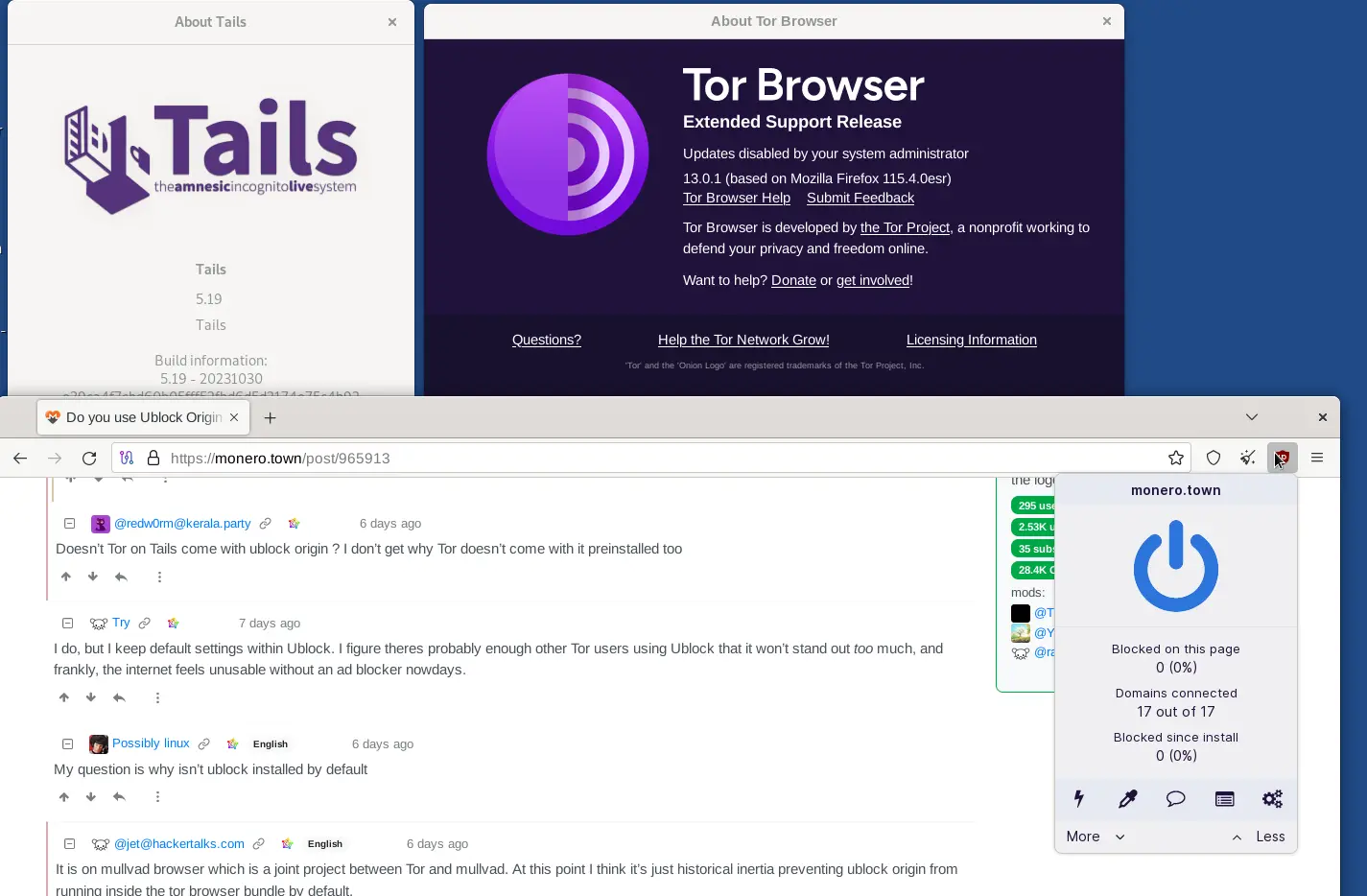

See also:
Secretive White House Surveillance Program Gives Cops Access to Trillions of US Phone Records
The French National Police is unlawfully using an Israeli facial recognition software [installed massively and secretly. The Minister ordered an investigation]

about time 😊 that’s not the goal; one of the first basic steps!
EDIT Sorry I should not have said it like this. Even though that was my honest feelings, said as free speech without any meany connotations, this should have been treated as good news, like someone finally ditched Windows.
One of the next steps might be to figure out how not to load GA.js GTM.js Google Fonts etc.
There is a long way to go to de-Google oneself, and unfortunately it’s not easy nor trivial. One subtle example: Google is a broker of Tor Snowflake, which could cause a difficult dilemma.